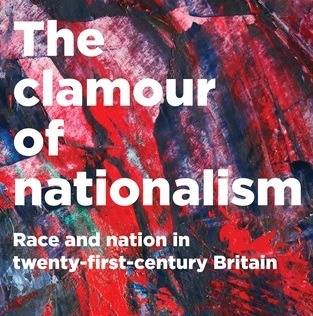This article is a preview from the Spring 2017 edition of New Humanist. You can find out more and subscribe here.
faith (mid 13th century, “loyalty to a person; honesty, truthfulness”, from Old French feid, “faith, belief”)
Sometimes words or expressions creep up on us. “Faith schools” is one of them. The formal term is “denominational”, signifying that a school has a religious “ethos” and governance. The term “faith school” first turns up in the US in 1883 about a college offering instruction in Christian Science. “Faith schools” as a generic term for a school with a religion as its guiding ideology doesn’t appear in Britain until 1990, when the Independent reported on Muslims demanding funding for “separate faith schools”.
In its own way, this use of the word “faith” is a euphemism. After all, it can refer to any system of firmly held principles or beliefs. When Jonathan Swift wrote, “I look upon the Whigs and Dissenters to be exactly of the same Political Faith”, the word had been used in writing in this non-religious way for over 50 years. Journalists in the 19th century could write of someone being a “port-bibbing, gout-bemartyred believer in the Tory faith”.
Christianity has its own particular uses of the word – for example, the phrase “the Faith” (meaning Christianity itself), which seems to have been around since 1384. But there is also a more mystical sense that to be a Christian one should “have faith”, a state of mind which apprehends and accepts divine truth beyond the limits of perception or logical proof. Ironically, once there is a word for this human activity, it’s open to rational investigation. At the end of the 17th century, philosophers like Hobbes and Locke got down to defining it, Wordsworth weighed it up in relation to passion and reason, and Christians who experience doubt have a “crisis of faith”.
The word came into English from Norman French as a noun, so people who loathe the verbing of nouns (“Mo Farrah medalled again” and the like) might be surprised and appalled to know that by the time Shakespeare was using “fayth’d” to mean “believed in”, it had been used as a verb for over a century. However, to accept this fact, you’ll need to have “faith” in the Oxford English Dictionary, where most of this information comes from.

